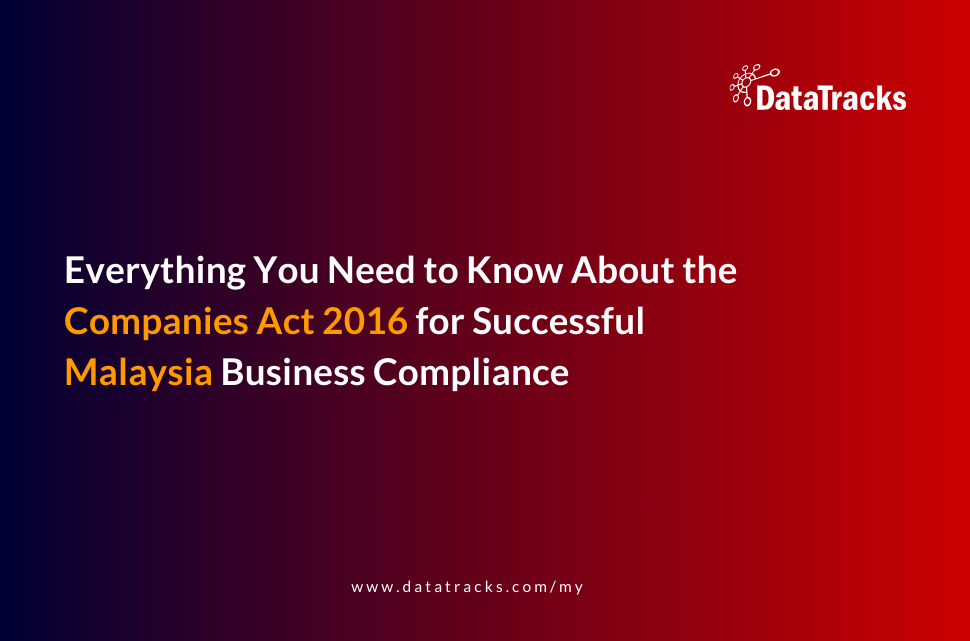Analyzing Malaysia’s Proposed New Audit Exemption Criteria
Some say that the 2024 New Audit Exemption Criteria is a lifesaver for small businesses, while others fear it could compromise transparency. The proposed new audit exemption criteria in Malaysia has started a sparking debate. In Malaysia, certain private enterprises are not required to have their financial accounts audited every year. It excuses them from having their financial statements audited every year. It attempts to decrease regulatory compliance costs and administrative difficulties for smaller businesses that meet specified size and complexity requirements. Let’s explore the key aspects surrounding this potential change.
Past Framework vs Current Amendments
The current criteria for dormant, zero-revenue, and threshold-qualified enterprises will be replaced based on yearly turnover, assets, and personnel count.
Thresholds will be increased as follows:
- Annual turnover and assets below RM3 million for the current and previous two financial years.
- Not more than 30 employees after the current and previous two financial years.
- Fulfilling any two of the three criteria
The amended criteria aim to correspond with international trends, increase SMEs’ chances to get audit exemptions, alleviate the auditor shortage, and balance business relief and financial governance.
Proposal for New Audit Exemption Rules for the Private Companies in Malaysia in 2024 :
In Malaysia, the criteria for audit exemption have been adjusted to include certain private companies, aiming to lessen the regulatory burden and encourage business growth, especially among small and medium enterprises (SMEs). Companies eligible for audit exemption typically include those that are dormant, generate no revenue, or meet specific thresholds regarding their annual revenue, total assets, and employee count.
As of the latest updates, companies that can be exempt from mandatory audits are:
- Dormant companies.
- Companies with zero revenue.
- Companies meeting certain size thresholds based on annual revenue and assets below RM3 million for the current and past two financial years, and not having more than 30 employees at the end of the current and past two financial years.
These exemptions aim to streamline business processes for smaller companies while still ensuring financial accountability. However, it is important to note that even exempted companies must still prepare and submit their financial statements annually (CCS) (CCS) (CCS).
For more details, you can view the full criteria and ongoing discussions about the proposal for new audit exemption criteria directly on the Consultative Documents on Proposed Review of Audit Exemption Criteria for Companies in Malaysia.
Balancing Growth and Accountability
The proposed new audit exemption criteria are intended to promote business expansion while maintaining accountability standards. SSM seeks public feedback on the proposal by March 8, 2024, to develop an ideal solution.
The amended criteria aim to
- Correspond with international trends,
- Increase SMEs’ chances to get audit exemptions
- Alleviate the auditor shortage
- Balance business reliefs and financial governance.
The SSM (Companies Commission of Malaysia) is now seeking feedback on the questions posed in this Consultative Document on the Proposal of New Audit Exemption Criteria for Private Companies in Malaysia.
Overview of Proposed Turnover Thresholds for Audit Exemption
The proposed RM3,000,000 turnover and assets limit allows corporations to qualify for audit exemptions. This ensures consistent audit criteria, reduces uncertainty around eligibility status, and improves long-term financial planning. In July 2023, SSM’s data showed that 77.4% of financial statements submitted to the registrar had a total turnover of under RM3,000,000.
Similarly, 74.3% of enterprises declared total assets of less than RM3,000,000. Companies that meet the proposed eligibility criteria can receive audit exemption under the revised thresholds. The proposed growth from five to thirty personnel aligns with the definition of SMEs.
How Can We Help?
Suruhanjaya Syarikat Malaysia (SSM) has launched a new online submission platform, the Malaysian Business Reporting System (MBRS), which mandates all companies to submit their Annual Financial Statements in digital XBRL format. All Malaysian incorporated firms and foreign companies registered under the Firms Act 2016 will be obliged to digitally file a full set of MBRS financial statements in PDF to XBRL format unless otherwise exempted.
As an MBRS XBRL solution provider, we assist Malaysian companies, auditing firms, and secretarial firms in effectively converting their financial statements to XBRL format to comply with SSM. Reach us at +60-392126125 or email enquiry@datatracks.my for business enquiries.



